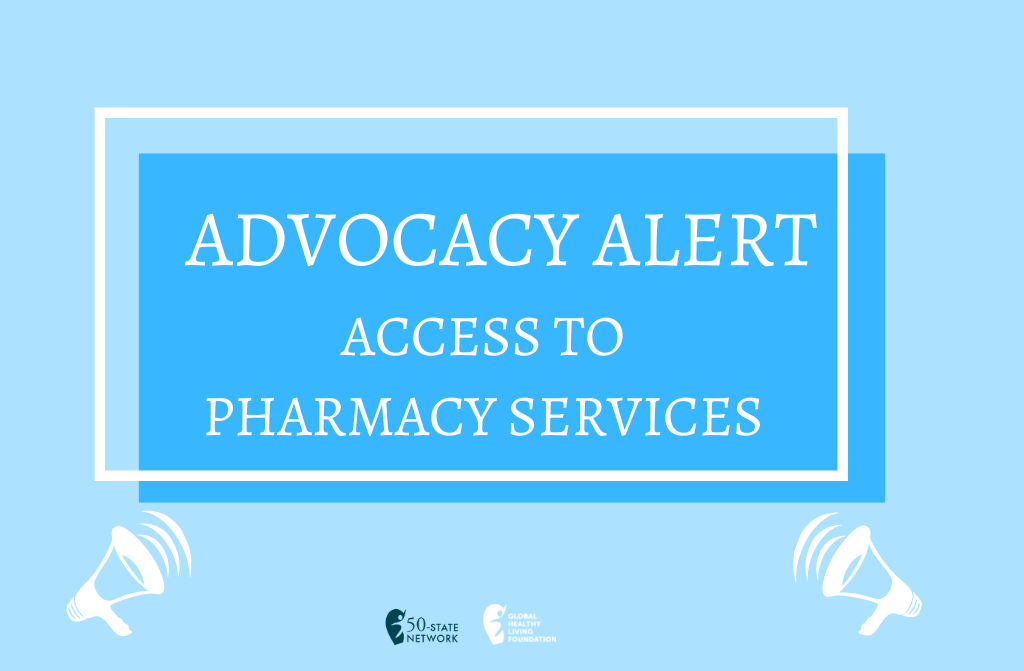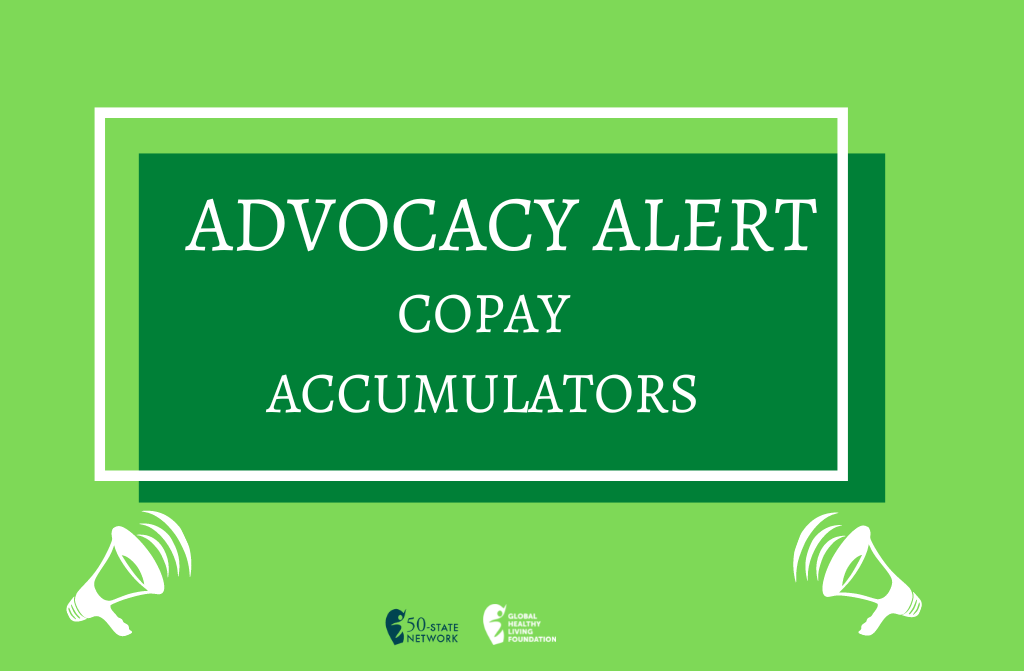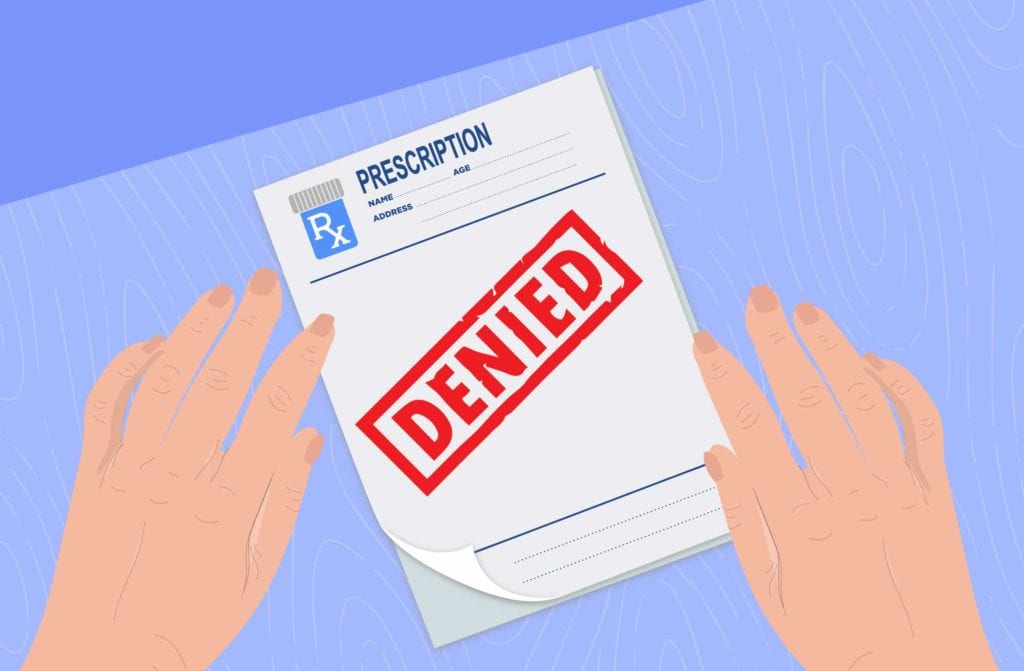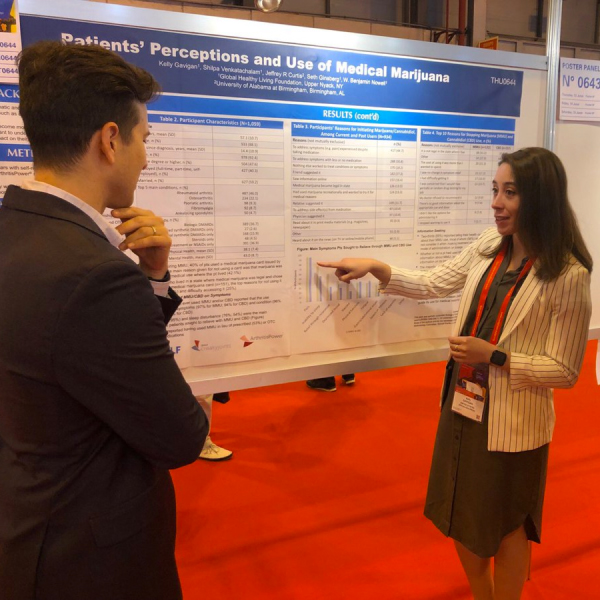The Truth About Drug Costs: How Pharmacy Benefit Managers Put Profits Before Patients
The Truth About Drug Costs: How Pharmacy Benefit Managers Put Profits Before Patients

Learn how Pharmacy Benefit Managers (PMBs) prioritize money over your health, driving up drug prices and limiting your choices.
In a recent article in National Review, authors William S. Smith, Senior Fellow and Director of the Life Sciences Initiative at Pioneer Institute in Boston, and Dr. Robert Popovian, Senior Visiting Health Policy Fellow of the Life Sciences at Pioneer Institute and Chief Science Policy Officer at the Global Healthy Living Foundation (GHLF), dispel some common myths about Pharmacy Benefit Managers (PBMs), the companies that handle prescription drugs for insurance plans.
According to the authors, PBMs claim to keep drug prices down by choosing the cheapest drugs for patients. However, Smith and Dr. Popovian argue that PBMs often prioritize making money over patient welfare. They reveal how PBMs strike deals with drug companies, sometimes leaving out cheaper drugs from the list and pushing patients to buy more expensive ones that are more profitable.
“These higher price branded drugs provide huge rebates, fees, and concessions to PBMs — which by the way — they don’t necessarily pass back to the employer and almost none of it goes back to the patient. Instead, they keep this money as profit,” explains Dr. Popovian, who hosts the GHLF podcast HealthCare Matters, which helps make sense of complex health care economics and policy issues.
In fact, the authors found that PBMs pocket a significant portion of the money spent on brand-name drugs, sometimes up to 35 percent. This practice ultimately drives up costs for patients.
Moreover, the article highlights several other notable studies that further illuminate concerning practices within the pharmaceutical industry:
- Three largest PBMs excluded 1,357 medications from formularies, representing 89 percent of the market’s control, suggests data from the National Association of Insurance Commissioners.
- Nearly 50 percent of Express Scripts’ exclusions were not beneficial for patients, according to the author’s findings published in an earlier peer-reviewed study in Health Science Journal.
The impact of PBMs extends beyond individual patients to public programs. From Ohio’s Medicaid program to Medicare and other state Medicaid programs, PBMs’ policies have far-reaching consequences.
The authors note that in Ohio, PBMs allegedly cost the state’s Medicaid program a substantial amount of money, leading to legal action from the attorney general. Similar concerns have been raised in Texas, where transparency laws aim to shed light on PBMs’ financial dealings.
“Politicians who defend the PBM model are siding with fewer drug choices, lower-quality products, and higher patient costs,” says Dr. Popovian.
Patient-Focused Economic and Policy Research
At GHLF, we firmly believe in championing equity, access, and affordability in health care. That’s why we’re dedicated to researching and tackling issues like those posed by PBMs, while raising awareness through our diverse platforms, including social media, opinion editorials, and podcasts.
RELATED POST AND PAGES
_
Chea S, et al. Analysis of Drug Formulary Exclusions from the Patient’s Perspective: 2023 Update. Health Science Journal, 2023. https://www.itmedicalteam.pl/articles/analysis-of-drug-formulary-exclusions-from-the-patients-perspective-update-2023-125203.html.
Popovian, R, et al. Analysis of the Drug Formulary Exclusions from a Patient’s Perspective. Health Science Journal. May 2022. https://www.itmedicalteam.pl/articles/analysis-of-drug-formulary-exclusions-from-the-patients-perspective-111155.html.
Popovian, R, et al. Pharmacy Benefit Managers Are Not Conservative. National Review. February 2024. https://www.nationalreview.com/2024/02/pharmacy-benefit-managers-are-not-conservative/.




